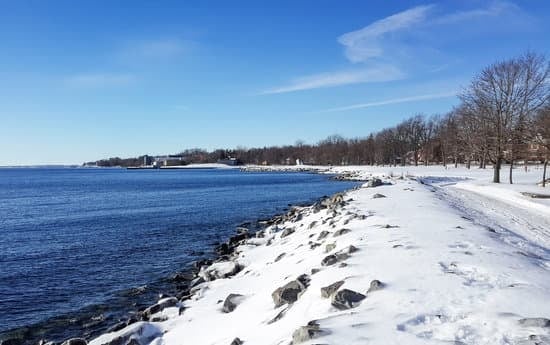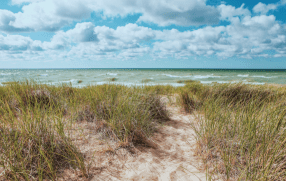Ontario’s Proposed More Homes Built Faster Bill Significantly Impacts Environmental Policy
On October 25th, the More Homes Built Faster Act, 2022 was introduced in the Ontario Legislature with the goal of building 1.5 million homes in the next decade. If passed as proposed, it will cause long-term economic, social, and environmental harm including impacts environmental planning, specially with respect to climate change mitigation, and the protection of wetlands, woodlands and other conservation lands. The elements of most concern include the restriction of Conservation Authorities’ power to protect anything beyond managing floodwaters and erosion, the removal of a municipalities’ authority to set green development standards for new developments, and lands being removed (primary wetlands) from the protection of the Greenbelt and Oak Ridges Moraine. We will keep you posted on opportunities to share concerns about the proposed legislation. Public comments on the proposed changes can be made through the Environmental Registry of Ontario (https://ero.ontario.ca/index.
For a comment opportunity, visit our partner Watersheds Canada.
US Great Lakes Election Results Highlights for Water and Climate Change
There were some great wins and a few potential setbacks for the environment in the U.S. election. A few highlights follow:
- In New York, over two thirds of voters passed a proposal to issue $4.2 billion in bonds to fight climate change.
- In Michigan, Governor Whitmer and Attorney General Dana Nessel both won reelection and both have an ongoing lawsuit to shut down Line 5, which carries climate unfriendly fossil fuels.
- In Minnesota, climate friendly candidates such as Governor Walz held their seats, and the Governor rolled out an aggressive plan in September to address climate change.
- In Illinois, Governor Pritzker, who has pushed for climate action on many fronts, was reelected.
- In Wisconsin, Governor Evers, who has been a climate and science advocate since first elected in 2018, was reelected.
- In Pennsylvania, the election of former Attorney General Shapiro as Governor leaves open questions as he has spoken out against his predecessor, Governor Wolf’s climate change plan, which Shapiro says would hurt the state’s energy sector.
- In Ohio, Governor DeWine won reelection, likely maintaining the status quo of energy bills like the one he signed last year that subsidize coal plants and roll back energy efficiency standards.
- In Indiana, election results seem to be business as usual in a state where government officials previously had to remove all mention of climate change from state websites.
Freshwater Future Earns 2022 Platinum Seal of Transparency
We’re excited to share that Freshwater Future has earned a 2022 Platinum Seal of Transparency with Candid (formerly Guidestar)! You can support our work with trust and confidence by viewing our profile that provides the highest level of transparency!









